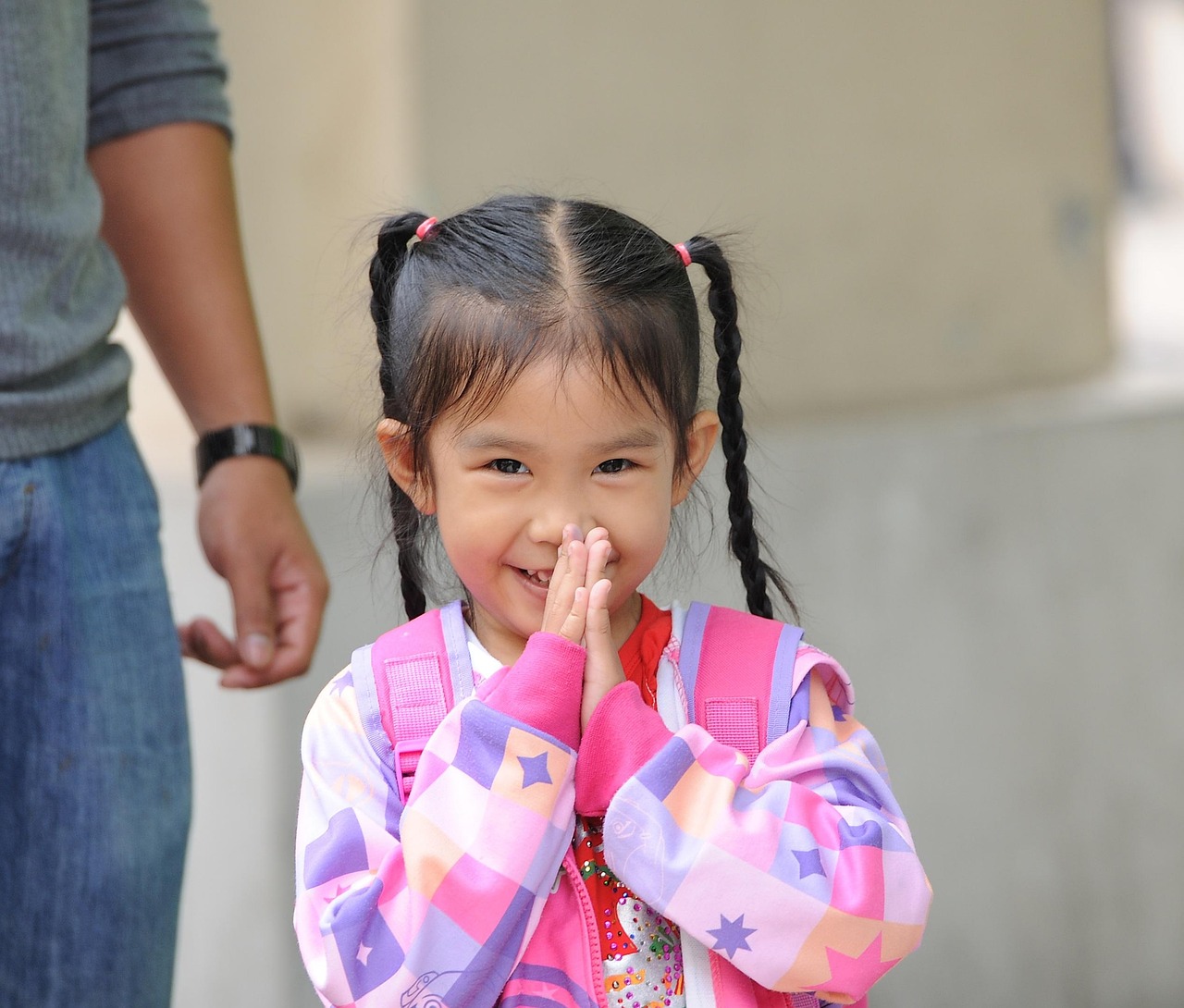Wie stelle ich eine sichere Bindung zu meinem Baby her?
Establishing a strong and secure bond with your baby is one of the most profound experiences that can shape a child’s emotional health and development throughout life. For new parents, the journey to forming this secure attachment often feels as delicate as it is essential. In today’s fast-paced world, understanding the dynamics of baby-parent bonding can empower caregivers not only to nurture but also to foster resilience and confidence in their children. Modern insights from neurobiology and developmental psychology have revolutionized the way we approach early childhood interactions, emphasizing attuned responsiveness, physical closeness, and emotional availability as crucial elements.
From the moment of pregnancy to the tender months of infancy, caregivers strive to translate instinctive caregiving into deliberate practices that help infants feel safe and loved. Brands like Boppy, Ergobaby, and BabyBjörn offer baby carriers designed to enhance continuous physical contact, supporting skin-to-skin connection and strengthening this bond. Meanwhile, routines around feeding, play, and rest are not just functional tasks; they become sacred rituals forging trust and predictability for the infant’s world. Nourishing these moments with mindfulness and sensitive interactions creates an emotional foundation that promotes lifelong secure attachment.
Challenges such as interpreting your baby’s signals, balancing independence with closeness, or navigating external stressors can feel overwhelming but are navigable with the right knowledge and support. Integrating modern products like Burt’s Bees Baby organic lotions, or trusted diapers from Pampers and Huggies, alongside thoughtful daily practices, parents can cultivate a caregiving environment rich in comfort and consistency. Exploring how to build this secure connection offers pathways not only for emotional well-being but also for fostering trust, autonomy, and social competence as your baby grows.
Understanding the Foundations of Secure Attachment with Your Baby
Attachment in the first year of life represents the cornerstone of your baby’s emotional development. It is more than just physical proximity; it encompasses an emotional connection where the infant feels safe enough to explore the world and confident to return to a secure base — you.
What Secure Attachment Means in Baby Development
Secure attachment provides the emotional security your baby needs to develop self-confidence and social skills. It is underpinned by consistent responses to your baby’s needs and signals. Brands like Lovevery support this journey by providing educational toys encouraging exploration, a natural behavior supported by strong attachment bonds.
Babies with secure attachment tend to exhibit better stress regulation and display healthy curiosity during their exploratory phases. As a result, they grow with emotional stability that continues into adulthood.
Types of Attachment and Their Implications
| Attachment Type | Characteristics | Potential Outcomes |
|---|---|---|
| Secure Attachment | Responsive caregiving; baby feels safe and supported | Better emotional regulation; strong relationships; resilience |
| Avoidant Attachment | Caregiver is distant or rejects closeness | Difficulty with close relationships; emotional suppression |
| Ambivalent Attachment | Inconsistent caregiving; baby unsure of support | Anxiety in relationships; clinginess; insecurity |
| Disorganized Attachment | Caregiver behavior appears frightening or confusing | Emotional dysregulation; higher risk of behavioral issues |
The goal for parents and caregivers is to cultivate secure attachment, which nurtures a foundation of lasting emotional health. Recognizing the signs of different attachment styles can guide your daily interactions and parenting approaches.
Practical Steps in the First Year to Foster Attachment
- Physical contact: Skin-to-skin moments boost oxytocin release and comfort your baby.
- Prompt responsiveness: Respond swiftly to your baby’s cries or cues.
- Emotion mirroring: Reflect your baby’s feelings to promote emotional understanding.
- Consistent routines: Regular meal times and bedtime rituals, supported by trusted brands like Chicco for feeding essentials, help your baby feel secure.
- Gentle exploration: Encourage discovery around safe environments, knowing you are a reliable base.
How Mindful Interactions Strengthen Your Baby’s Trust and Security
Being consistently attuned and responsive to your baby’s needs is fundamental for a secure attachment. This requires tuning into nonverbal signals, even when it may sometimes feel confusing or overwhelming.
Reading and Responding to Your Baby’s Signals
Every baby has unique expressions ranging from coos and giggles to fussiness or crying. Instead of feeling pressured to perfectly decode these signals, focusing on prompt and sensitive reactions builds the foundation for your baby to feel valued and heard.
Products like Frida Baby offer tools that can alleviate parental stress—such as nasal aspirators or soothing aids—helping caregivers feel equipped to comfort their infants effectively.
Creating Meaningful Daily Rituals
- Shared meals: Engage your baby with eye contact and gentle touches during feeding to enhance emotional bonds.
- Soothing bedtime routines: Calm, repetitive activities help infants transition to sleep while reinforcing safety.
- Playtime interaction: Use age-appropriate stimuli, including toys from Munchkin, to encourage joyful engagement and bonding.
- Consistent physical closeness: Baby carriers like those from Ergobaby support continuous contact, which facilitates attachment.
| Ritual | Purpose | Recommended Products |
|---|---|---|
| Bedtime Routine | Calm and secure transition to sleep | Lovey blankets, white noise machines from Lovevery |
| Mealtime Bonding | Emotional engagement and trust | Feeding seats from Chicco, bibs from Burt’s Bees Baby |
| Play Sessions | Cognitive and emotional stimulation | Developmental toys from Munchkin and Lovevery |
Overcoming Common Challenges While Building a Secure Bond
Parenting is filled with ups and downs, and establishing a secure attachment is no exception. Whether dealing with periods of separation, transitions like introducing childcare, or balancing attention between siblings, these challenges need delicate handling.
Strategies to Manage Separation and Other Stressors
- Prepare for separation: Gradually introduce your baby to new caregivers with familiar routines and objects.
- Prioritize quality time: Even brief moments of undivided attention can reinforce the attachment.
- Maintain consistency: Stability in daily rhythms helps your baby feel safe amid change.
- Seek support: Use parenting groups or professional guidance to navigate complicated emotional terrain.
Introducing sibling rivalry or stress within family dynamics can also create challenges. Patience, clear communication, and individual attention to each child preserve the secure bonds within the household.
| Challenge | Recommended Approach | Supporting Tools |
|---|---|---|
| Introducing Childcare | Gradual exposure, maintain routines | Comfort items from Boppy, like soft blankets or toys |
| Siblings Rivalry | Individual special time, open communication | Family counseling, parent-child activities |
| Family Stress | Mindful parenting, stress reduction strategies | Relaxation apps, parenting resources online |
Balancing Autonomy and Security: Nurturing Your Baby’s Independence Safely
As your baby grows, the dynamic between providing safety and encouraging autonomy becomes central to ongoing emotional development. Parents often wrestle with finding the right balance between closeness and promoting independence.
Establishing a Secure Base for Exploration
Your role evolves into giving a consistent foundation from which your baby confidently explores the world, knowing they can return to you for reassurance. Using products that facilitate safety, such as baby monitors from BabyBjörn or ergonomic carriers, supports this balance.
Setting Boundaries with Love and Trust
- Clear but gentle limits: Help your child understand safe boundaries without instilling fear.
- Encourage decision-making: Allow your toddler to make small choices to build autonomy.
- Maintaining gentle presence: Be emotionally available as your child tests limits.
This balance supports the development of resilience, self-confidence, and social skills that carry into all aspects of life.
| Developmental Stage | Parental Role | Focus |
|---|---|---|
| Infancy | Provide safety and responsiveness | Attachment, emotional regulation |
| Toddlerhood | Encourage exploration and autonomy | Independence building, boundary setting |
| Preschool | Support social skills development | Self-confidence, relationship building |
When to Seek Professional Support in Attachment Challenges
Sometimes, despite best efforts, parents may encounter persistent difficulties in bonding or child development. Recognizing when to seek expert advice can be vital for your family’s well-being.
Signs That Professional Help May Be Necessary
- Consistent inability to soothe or comfort your baby.
- Signs of parental overwhelm or anxiety impacting caregiving.
- Observed developmental delays or behavioral concerns.
- Frequent relationship stress or attachment fears.
Professional resources such as parenting counseling, therapeutic approaches focused on bonding, and local support groups can offer guidance and relief. Initiatives like those found in parenting communities, or detailed support on which baby essentials are truly necessary, empower caregivers to create nurturing environments with confidence.
Available Resources for Parents
- Parenting workshops focusing on attachment and emotional needs.
- Individual or family therapy sessions.
- Parent-child group activities for social support.
- Consultation from pediatric development experts.
Frequently Asked Questions About Building a Secure Bond With Your Baby
- How can I know if my baby feels securely attached?
Signs include seeking comfort from you when distressed, showing joy during interactions, and exploring their environment confidently with you as a base. - Does responding immediately to my baby’s cries spoil them?
No. Prompt, sensitive responding fosters trust and emotional security, which is essential for healthy development. - How important is physical closeness for bonding?
Physical closeness, such as skin-to-skin contact and babywearing using brands like Ergobaby or BabyBjörn, stimulates neurochemical bonds that promote secure attachment. - What if I struggle to understand my baby’s cues?
It is normal to feel uncertain at times. Aim for consistent attention and warmth; perfect decoding is not necessary for attachment to develop. - When should I consider professional help for bonding issues?
If you notice persistent difficulties in connecting, emotional overwhelm, or your baby shows serious developmental challenges, consult a pediatrician or family therapist.














Kommentar veröffentlichen